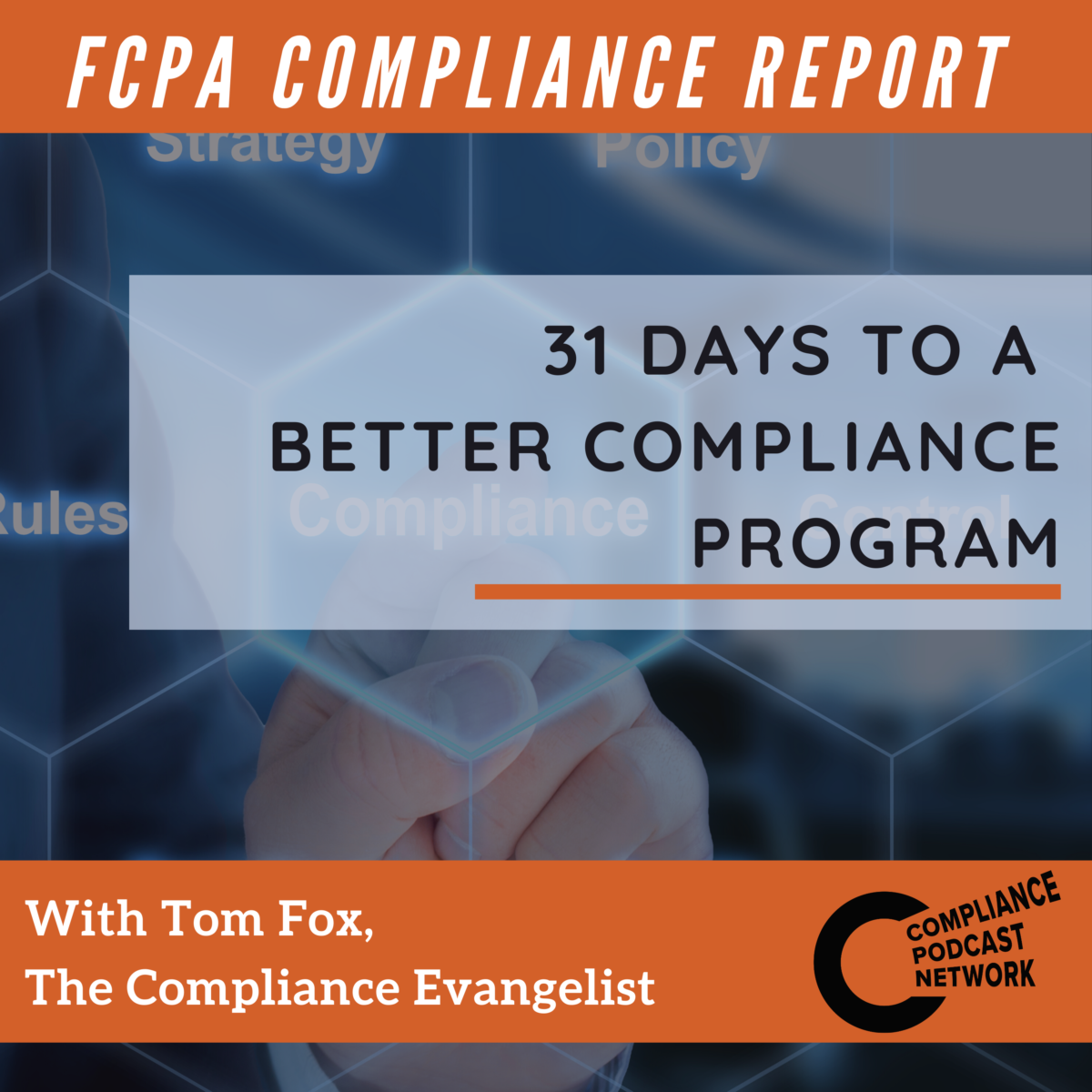We conclude our exploration of the Koninklijke Philips N.V. (Philips) Foreign Corrupt Practices Act (FCPA) enforcement action involving the Securities and Exchange Commission (SEC), for Phillips actions in China and its Chinese subsidiary, Phillips China. As set out in the SEC Order, Philips was order to “pay disgorgement of $41,126,170, prejudgment interest of $6,047,633, and a civil monetary penalty of $15,000,000” for a total fine and penalty of $62 million. Yesterday we considered the bribery schemes employed by Phillips China. After having reviewed the facts and Order we look at some lessons learned.
Distributors Under the FCPA
This is the third recent FCPA enforcement action involving distributors, following Oracle and Microsoft. Along with those cases, Phillips drives home the message that distributors are a risk under the FCPA. Oracle got into FCPA hot water regarding distributor discounts and marketing reimbursement. Microsoft came to OFAC grief as it did not know to whom its distributors were doing business as some distributors were selling to sanctioned entities. While distributors may not seem to be as high a risk commissioned sales agents, they do present a risk, which must be assessed and then managed with ongoing monitoring and improvements as appropriate. None of these steps were apparent from this FCPA enforcement action or found in the Order.
As noted yesterday, Philips in 2013 had agreed to “enhanced an anti-corruption training program that includes a certification process and a variety of training applications to ensure broad-based reach and effectiveness.” Whatever this training was, it does not seem to have reached China. Effective training is about communications, engagement and demonstrable implementation of the training messaging going forward. Once again Philips China did not seem as if that communications about not engaging in bribery and corruption was taken into its business operations.
Recidivist Behavior Under 2023 Corporate Enforcement Policy
As noted yesterday, in a May 10, 2023 Press Release, Phillips announced that “The U.S. Department of Justice (DOJ) has closed its parallel inquiry into these matters” and the company intoned that it “fully cooperated with the SEC and DOJ.” Philips also reported that the FCPA matter had “previously been disclosed in Philips’ Annual Reports 2019 through 2022.”
There has been no statement by the Department of Justice (DOJ) regarding Philips. Further there has been no declination regarding Philips publicly announced by the DOJ. Given the strong statement about recidivists by Deputy Attorney General Lisa Monaco in announcing the Monaco Doctrine last September and the need for speed referenced by Kenneth Polite in announcing changes to the Corporate Enforcement Policy in January 2023; one might have expected some statement from the DOJ.
If the DOJ really wants companies to step forward and self-disclose, it would seem that Philips would be a good example to use. Apparently there was not self-disclosure, not extraordinary cooperation and no compliance with the 2013 SEC Order concluding the first Philips FCPA enforcement action. In other words, all the requirements for a company to obtain the significant credit under the 2023 Updated Corporate Enforcement Policy. If you add in Philip’s prior FCPA enforcement action into the mix, it would certainly appear that Phillips’ culture of compliance was lacking, at least along the lines of that aspect of the Monaco Doctrine.
Lessons Learned
With Phillips filing out the trio of recent distributor enforcement actions, it is clear that companies need to start paying more attention to the distributor sales model as a source of risk. Of course, robust due diligence screening is a must but it is only a starting point. Companies need to monitor the relationship after the contract is signed. The Philips FCPA enforcement action points toward the need for robust data analytics particularly around special price discounts with distributors creating excessive distributor margins which could be used to fund improper payments to employees of state-owned enterprises or governmental officials. A data analysis would quickly and efficiently show any special discount or discount beyond the standard range given to distributors. Moreover, regional discounts could be taken into account easily using the data analytics approach.
Additionally the maintenance of adequate books, records, and accounts concerning special price discounts to demonstrate that the discounts were supported by adequate documentation to ensure their business justification and management’s approval of them. This basic step also acts as a basic compliance internal control so that there can not only be oversight of the proposed distributors and any discounts but also creates a documented audit trail if a regulator ever comes knocking.
At this point there is perhaps some head-scratching about the final resolution, if any, regarding Philips given the state of the record as laid out by the Order. However it is clear there are significant lessons for the compliance professional from the Phillips enforcement action around distributors. I hope that at some point there is greater clarity under the 2023 Corporate Enforcement Policy update.










